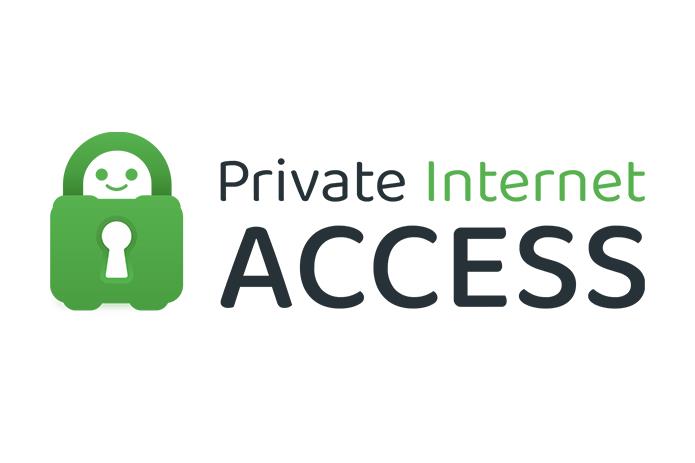(MENAFN- News Direct)

Private Internet Access, VPN provider and online privacy advocate, has released a new report that exposes the stark imbalance of digital privacy protection across the US. The authors call for a united approach in shaping comprehensive digital privacy laws across the nation.
California secured its spot as the top-ranking state with superior privacy laws and substantial investments in digital privacy and cybersecurity. A trailblazer, California enacted the California Consumer Privacy Act in 2020, spearheading a comprehensive data privacy law for other States to follow. The California Privacy Protection Agency (CPPA) has remained dedicated to fortifying online privacy and implemented revised CCPA Regulations effective from March 29, 2023.
California also has advanced privacy laws covering data handling, mandatory data breach notifications, sharing consumer information for marketing purposes and recording of telephone conversations. The upcoming California Age-Appropriate Design Code Act, effective from July 1 2024, also showcases California's continued commitment to digital privacy and data protection for both children and adults.
Connecticut, Colorado and Virginia also received high praise for their comprehensive data privacy laws, clear data-sharing policies and proactive approach to data breaches, as well as for their investment in digital security.
The report highlighted concern over several states lagging behind in protecting online privacy. Arkansas, Mississippi, and Louisiana were the worst performing States, receiving poor rankings due to their lack of progress in enacting new laws to protect consumer data and privacy. Worse yet, these states also introduced measures with detrimental effects on digital privacy, such as laws mandating digital age verification for accessing adult content online. These ill-conceived measures expose citizens to extensive data collection and heightened privacy risks.
This trend, which showed certain states drifting further from the pursuit of improved digital privacy, implementing measures which both restrict digital freedom and disregard the data privacy of citizens, was highlighted in PIA's study. Such laws were often passed under the guise of online safety for minors or improved data security against foreign-owned companies. Besides new age verification laws, the Montana TikTok ban and ongoing debates surrounding its enforcement, pose serious implications for citizens' privacy and digital freedom.
The report underscores the pressing need for comprehensive online privacy protection across the United States, as gaps in privacy safeguards persist. These gaps create opportunities for data breaches and for unscrupulous actors to exploit sensitive information.The American Data Privacy and Protection Act (ADPPA), still under consideration by Congress, could represent a crucial step toward addressing these concerns.The bill is the closest the U.S. Congress has ever been to passing comprehensive federal privacy legislation. If successful, the bill would establish stringent requirements for how companies handle personal data, offering crucial safeguards for individuals' privacy rights in the digital age.
Charlotte Scott, Digital Rights Advocate at Private Internet Access, remarked:
"In an increasingly digital era where so much information about our lives is now online, it is vital that all states recognize the importance of digital privacy for their citizens. The American Data Privacy and Protection Act could be a critical step forward in addressing this pressing need. We need robust requirements for how companies handle personal data, and policymakers must uphold the privacy rights of individuals and acknowledge the significance of data protection in our society. Through enhanced regulations and compliance measures, we can establish a brighter digital future, one where privacy is respected, and individuals can trust in the security of their digital lives in the United States."
Private Internet Access aims to raise awareness about ongoing digital privacy issues through this report, empowering citizens to advocate for stronger digital security and privacy protection.
Read the report and see the full rankings here.